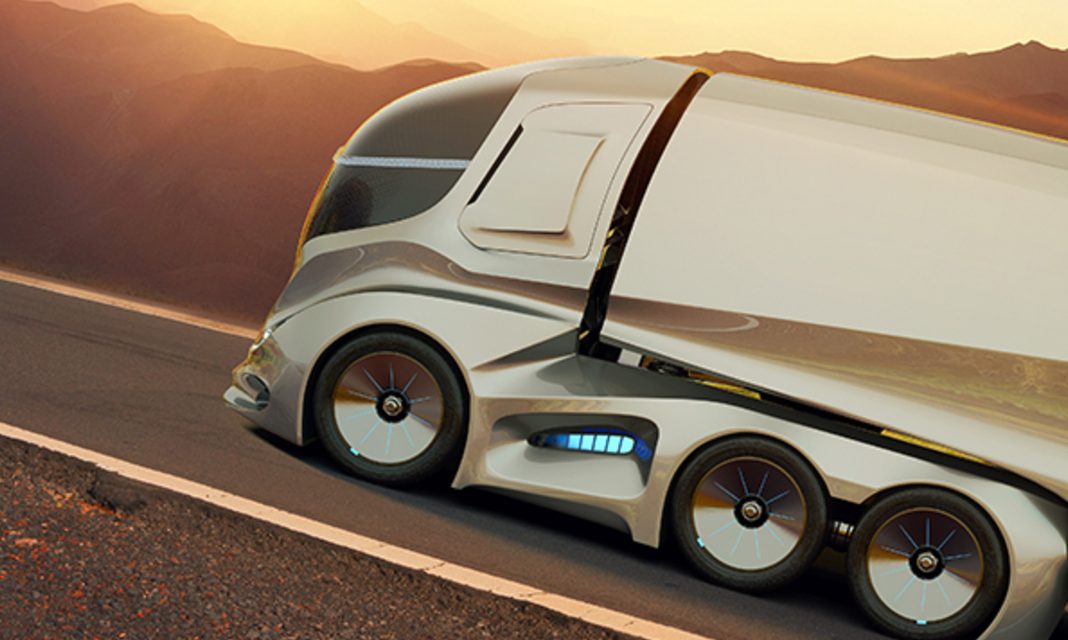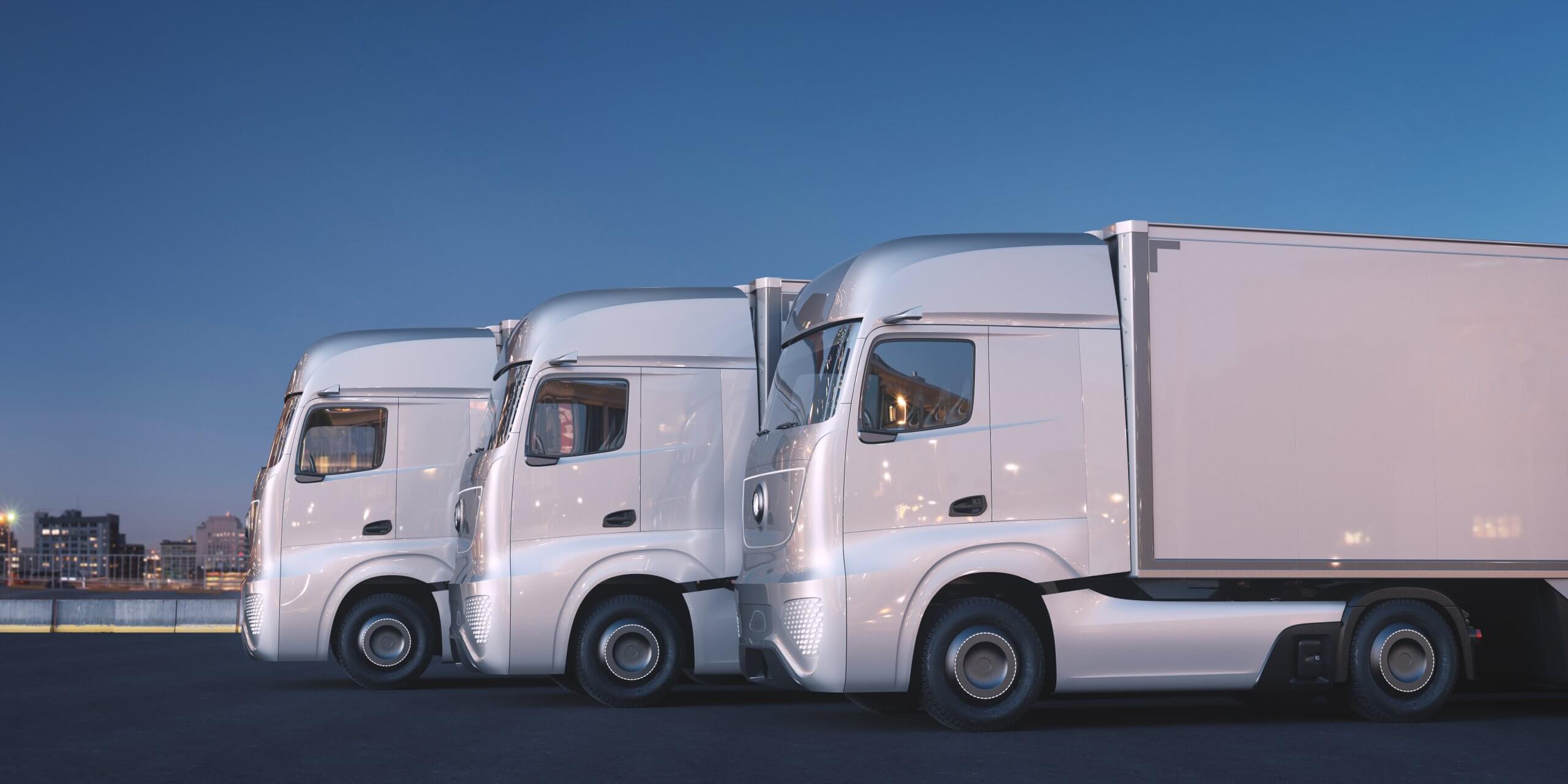House of Dispatch news
Blog
Autonomous Trucks Paving the Way

The transportation industry is on the cusp of a remarkable revolution with the advent of autonomous trucks. Moreover, as the integration of artificial intelligence (AI) technology accelerates, the promise of self-driving trucks is becoming a tangible reality. In this blog post, we will explore the transformative potential of autonomous trucks, delving into the benefits, challenges, and future implications for businesses and society at large.
One of the primary advantages of autonomous trucks is their potential to enhance safety on our roads. Furthermore, human error is a leading cause of accidents, often resulting from fatigue, distraction, or impaired judgment. Consequently, with AI at the helm, self-driving trucks offer a compelling solution to mitigate these risks. Advanced sensors, computer vision, and machine learning algorithms enable autonomous trucks to navigate roads, react to real-time conditions, and make informed decisions. As a result, this reduces the likelihood of accidents caused by human factors.

Increased Efficiency and Productivity:
In addition to safety improvements, autonomous trucks have the potential to revolutionize the efficiency and productivity of the transportation industry. By eliminating the need for human drivers, these vehicles can operate 24/7. This significantly reduces downtime and maximizes utilization. Furthermore, AI algorithms can optimize route planning, ensuring the most efficient and cost-effective paths are taken. With real-time data analysis and predictive capabilities, autonomous trucks can adapt to changing traffic conditions, minimize delays, and optimize fuel consumption. Consequently, this ultimately improves overall efficiency.
Cost Savings and Environmental Sustainability:
The integration of autonomous trucks brings promising cost-saving opportunities for businesses. With reduced labor costs and increased operational efficiency, companies can achieve significant savings in the long run. Furthermore, autonomous trucks can enhance fuel efficiency through optimized driving patterns and reduced idling time. As a result, by minimizing fuel consumption and emissions, self-driving trucks contribute to a greener, more sustainable transportation ecosystem. This aligns with environmental goals and regulations.
Logistics Optimization and Supply Chain Management:
The impact of autonomous trucks extends beyond the trucks themselves. AI-powered systems can transform logistics and supply chain management. Self-driving trucks, equipped with advanced sensors and connected technology, provide real-time visibility into the status and location of goods. Consequently, this data enables companies to optimize delivery routes, streamline inventory management, and enhance supply chain efficiency. Additionally, automated processes, predictive analytics, and intelligent routing algorithms enable faster and more accurate decision-making. This reduces lead times and improves customer satisfaction.
While the rise of autonomous trucks may raise concerns about job displacement, it also opens up new opportunities for workforce evolution. As drivers transition to more supervisory roles, they can focus on higher-value tasks such as monitoring vehicle performance, managing complex logistics operations, and ensuring safety and compliance. Furthermore, collaboration between industry stakeholders, governments, and educational institutions is crucial to develop training programs that equip the workforce with the skills necessary to adapt to the changing landscape. This fosters a smooth transition into the era of autonomous trucks.
In this exciting future, the House of Dispatch plays a crucial role. As a central hub for coordinating and managing autonomous truck operations, the House of Dispatch serves as the nerve center for overseeing routes, monitoring performance, and ensuring seamless logistics operations. By embracing the potential of autonomous trucks and establishing strong partnerships with the House of Dispatch, marketers can harness the power of AI technology to unlock new opportunities and stay ahead of the competition.
